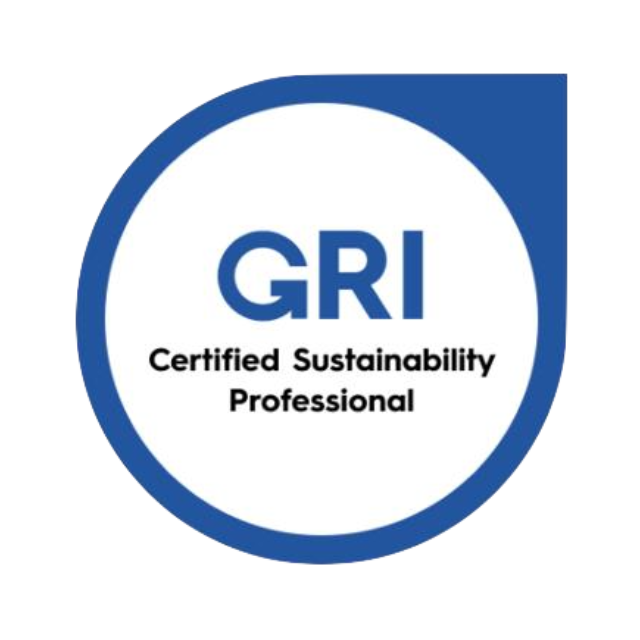Key Learnings
- Candidates prioritize good company culture, which encompasses respect, trust, and kindness, over monetary benefits.
- Creating a people-first culture can lead to significant benefits for companies, including improved morale, collaboration, productivity, and performance.
- Diversity, Equity, and Inclusion (DE&I) have become critical factors in attracting and retaining talent, with companies needing to implement clear policies and strategies to address these issues effectively.
- The pandemic has highlighted the importance of prioritizing employee well-being, with a majority of candidates valuing well-being over financial rewards
Data Source: Michael Page Talent Trends 2023 – The Great Resignation
This is Part 2 of a 3-part series, analysing the Michael Page Great Resignation report. In my field, I now see my role in HSE slowly merging into the Human Resource space, as we in Health, Safety and Sustainability work towards building cultures of employee wellness and safety.
Corporate Culture and Employee Well-Being
As it pertains to company cultures, particularly in Thailand, it’s evident from this report that developing a corporate culture that resonates with employees is a key to attracting and retaining top talent. The insights from the 2022 Michael Page Talent Trends Report shed light on the importance of fostering a workplace environment built on respect, trust, safety and inclusivity, while also prioritizing employee well-being.
Respect and Aligning with Employee Values
One of the key takeaways is the shift in candidates’ priorities towards company culture. Beyond monetary benefits, candidates seek workplaces where they feel respected, valued, and supported (psychologically safe). This necessitates a shift in organizational culture towards a people-first approach, where employees are recognized as individuals with unique needs, aspirations, and perspectives.
Maintaining a Diverse Work Culture
Diversity, Equity, and Inclusion (DE&I) have emerged as critical components of corporate culture. Companies in Thailand, like elsewhere, must address issues related to gender pay gap, age, sexual orientation, and disability inclusion to create a truly diverse and inclusive workforce. Implementing clear DE&I policies and strategies is essential, backed by quantifiable targets and commitment from top leadership. Avoid the temptation to Greenwash. Your employees and candidates will recognize it as “business as usual” immediately.
We at Ashlar can help you develop practical sustainable programs and methodologies to build, monitor and improve under the Plan, Do, Check, Act approach to Sustainability.

Work/Life Balance
The pandemic has further underscored the importance of prioritizing employee well-being. A significant majority of candidates prioritise well-being over financial rewards, signalling a shift in attitudes towards work-life balance and mental health support. Employers need to take proactive measures to create a supportive work environment, including regular check-ins, flexible work arrangements, and stress management initiatives.
Actionable Strategies
Incorporating these key learnings into health, safety, and HR policies and procedures is essential for organizations looking to attract and retain top talent in Thailand. Here are some actionable strategies:
Lead with Empathy
Employers need to understand the evolving needs and priorities of employees, especially in the post-pandemic era. Empathy-driven leadership, characterised by genuine concern for employee well-being and work-life balance, fosters a positive workplace culture and enhances employee loyalty. Leadership can enrol in a multitude of training programs available to help them learn how to lead with empathy.
Integrate Sensible Diversity Plans into Business Strategy
Diversity should not be viewed as a standalone initiative but integrated into the core business strategy. Companies need to set clear DE&I targets, incorporate Diversity values into performance evaluations, and ensure leadership accountability for driving diversity and inclusion initiatives. In Thailand, this could mean strategies to provide and report on equal opportunities for women throughout the organisation.
One word of warning: be PRACTICAL with your DEI programs. It’s not a marketing exercise. I have seen public companies in Thailand proudly reporting in their Sustainability Reports that they employ more than 50% of women employees and for some reason are targeting higher numbers. This indicates a misunderstanding of what EQUAL opportunities mean in the workplace
Focus on Shared Values and Allyship:
Instead of tackling diversity initiatives in isolation, companies should focus on defining core values and behaviours that promote inclusivity and allyship. By fostering a sense of community around shared values, organizations can create a more cohesive and supportive work environment.
Strive for Work-Life Balance:
With the blurring of boundaries between work and personal life, companies must prioritize work-life balance initiatives. This includes offering flexible work arrangements, promoting stress management programs, and encouraging open communication about mental health issues. communication isn’t enough. Action may be needed.
Furthermore, organisations must keep in mind that working from home can, in many cases, increase ergonomic stress injuries. This is normally due to employees not having a safe and healthy workspace at home (i.e. working on a coffee table with a laptop instead of a desk).
How Ashlar can Help
Ashlar can assist organisations with Mental Health and Ergonomic Risk Assessments for people working from home. Understand the risk and develop programs to reduce or eliminate that risk. Ergonomic health issues and resultant medical costs from desk work are the highest medical problems reported and can reduce employee happiness and productivity.
In conclusion, developing a corporate culture that attracts the best talent requires a multifaceted approach that integrates DE&I, employee well-being, and shared values into organizational practices. By prioritising respect, trust, inclusivity, and employee support, companies can create a workplace environment where employees feel valued, motivated, and empowered to contribute their best.
